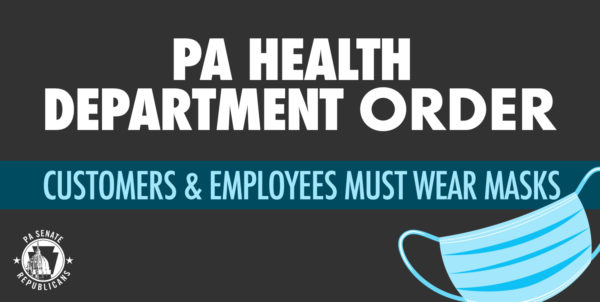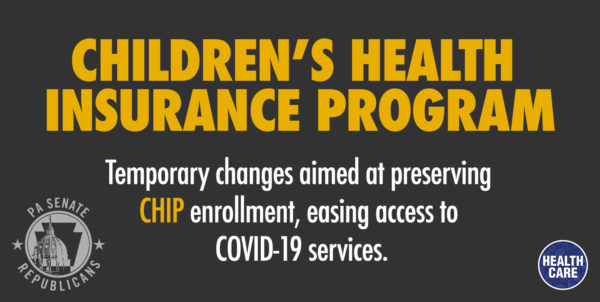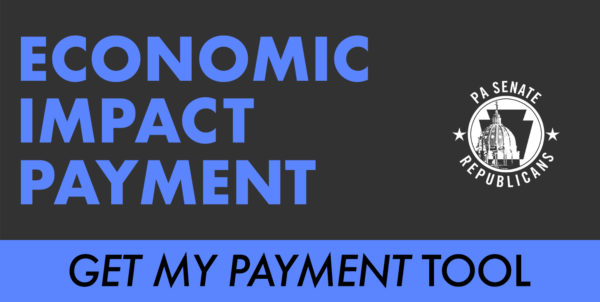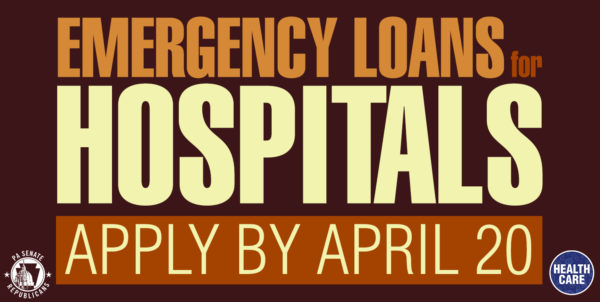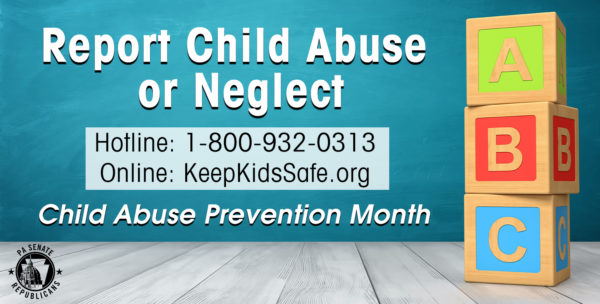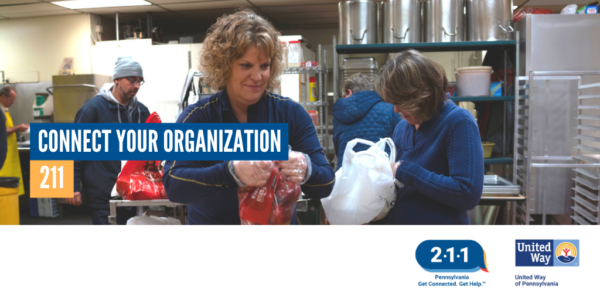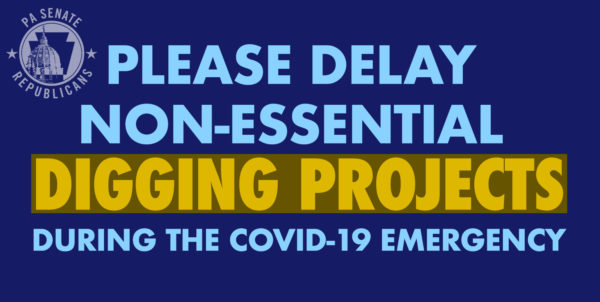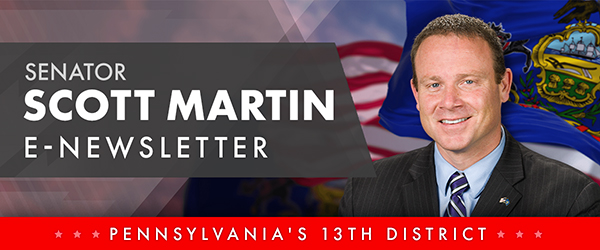
|
||
|
In This Update:
Department of Health Orders New COVID-19 Mitigation Measures, Including Mask Requirements
The Department of Health has issued a new order that requires all life-sustaining businesses to take new precautions to prevent the spread of COVID-19, including requiring all customers and employees to wear masks beginning at 8 p.m. on Sunday. Businesses are mandated to deny entry to customers without a mask, but exceptions are included for people who cannot wear a mask due to a medical condition. The order also includes guidelines on social distancing, cleaning and disinfecting procedures, staggering of work starting and stopping times, limiting building access and occupancy and more. Additional protocols are also included if a business is exposed to an individual who is a probable or confirmed case of COVID-19. Health Department Order CHIP Program Modified to Protect Children During COVID-19 Crisis
Several temporary changes to the Children’s Health Insurance Program (CHIP) during the COVID-19 outbreak will ensure children have access to medical services and can be screened or receive treatment for the virus. Under the changes, families will not be denied or removed from CHIP coverage for administrative or financial reasons, including being unable to provide proof of income. In addition, families will not be charged a copay for COVID-19 screening, testing or treatment. Families are still responsible for copays for services not related to COVID-19, as well as premium payments, if applicable. More information is available here. Information on Federal Economic Impact Checks Available
The U.S. Treasury Department and the Internal Revenue Service have begun delivering economic impact payments to most Americans as part of the federal government’s response to COVID-19. Although no action is needed from most taxpayers in order to receive the refund, some seniors and low-income individuals who do not file tax returns may need to take action to receive the money. The IRS recently launched a new Get My Payment tool that allows people to check on the status of these payments and determine whether additional information is needed. More information is also available at www.IRS.gov/coronavirus. Website visitors are reminded to avoid common scams that criminals use to get access to their personal information. More information on the tactics criminals use to steal personal data is available here. Additional tools and information on economic impact payments are available here. Application Deadline for Emergency Loans for Hospitals is Monday
Hospitals in need of working capital during the coronavirus pandemic can apply now for short-term loans to bridge the gap until more federal assistance arrives. The deadline to apply is Monday. The Hospital Emergency Loan Program offers funding for machinery, equipment, payroll, personal protective equipment and other operating expenses during the COVID-19 outbreak. More details about the program are available here. Child Abuse Hotline Remains Operational During COVID-19
April is National Child Abuse Prevention Month, and it’s a good time to note that the ChildLine 24/7 hotline to report potential cases of child abuse or neglect continues to operate during the COVID-19 emergency. One effect of statewide school closures is the limited interaction between children, teachers and other mandated child abuse reporters in school settings. More than a third of ChildLine reports from mandated reporters in 2018 came from school employees. Calls to ChildLine have gone down since extensive COVID-19 mitigation efforts began March 19, and this could mean many cases are going unreported. You can call to report potential cases anonymously at 1-800-932-0313 or report online, where you can also learn about the signs of abuse and neglect. PA 2-1-1 Offers Reliable Coronavirus Info
Pennsylvanians can find verified sources of information on the coronavirus and resources to help households struggling with a loss of income through the state’s PA 2-1-1 system. State residents can dial 2-1-1 on their land line or mobile phone to be connected to a resource navigator. For quicker ways to access help, Pennsylvanians can also text “PACOVID” to 898-211 to receive text messages with links to vetted sources of factual information, or also visit www.uwp.org/211gethelp for information on statewide, regional and local resources. Homeowners, Excavators Urged to Delay Non-Essential Digging Projects
April is National Safe Digging Month, and utilities are joining the PA Public Utility Commission to encourage residents and contractors to delay non-essential digging projects during the COVID-19 pandemic. Normally, before starting a project that involves digging, excavators and homeowners call 8-1-1 to ensure underground utilities are properly marked, which reduces the risk of damage. During this health emergency, utilities and 8-1-1 personnel are focused on addressing critical projects and ensuring that vital utility services and workers are safeguarded. Delaying the start of non-essential home digging projects can help this effort. If digging is essential, excavators and homeowners are reminded to call 8-1-1 at least three business days before starting a project that involves digging. There is no charge to homeowners for 8-1-1 requests. |
||
|
||





Want to change how you receive these emails? 2026 © Senate of Pennsylvania | https://senatorscottmartinpa.com | Privacy Policy |
